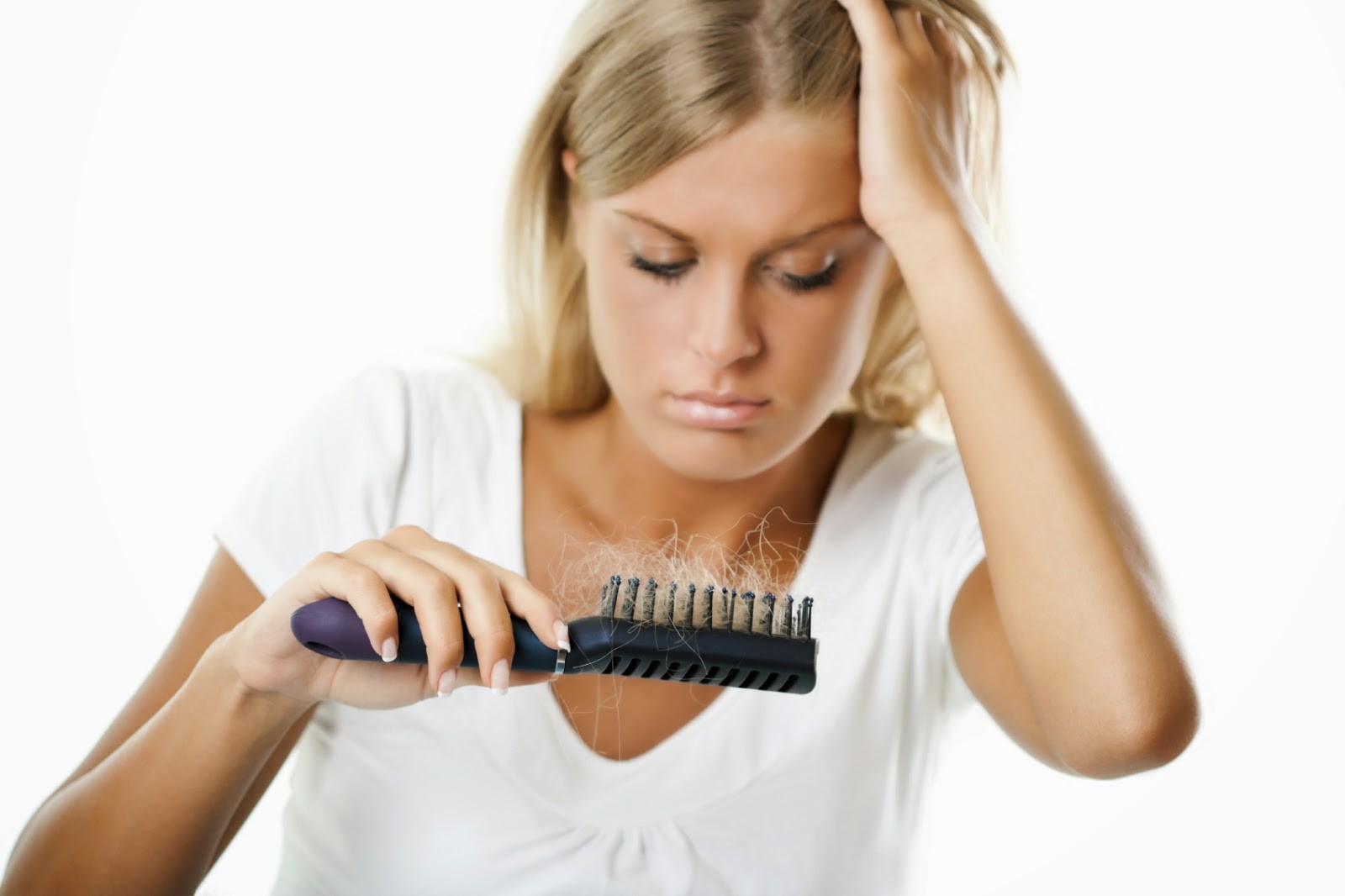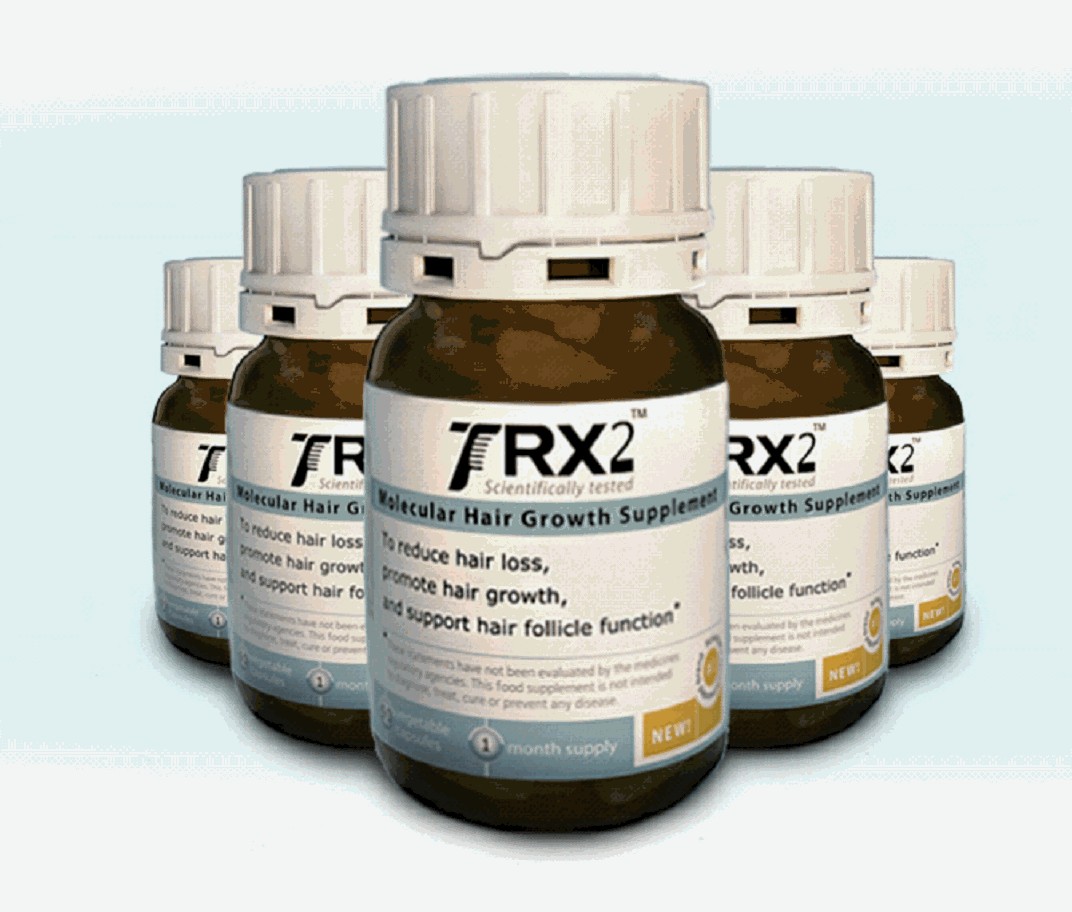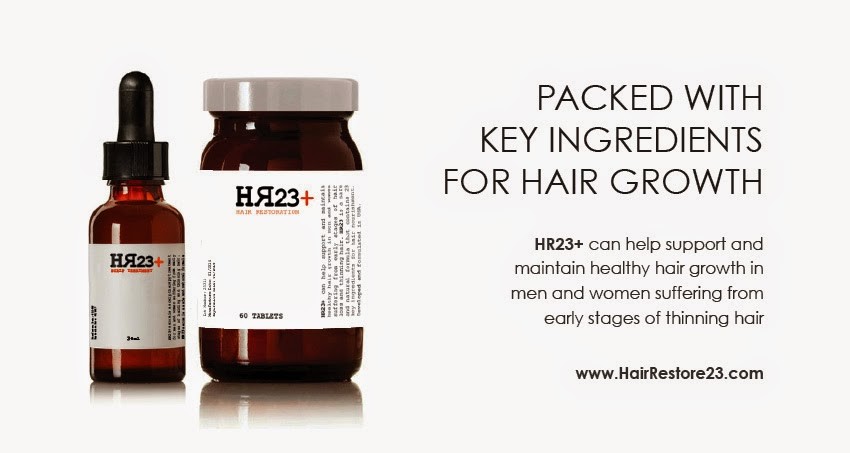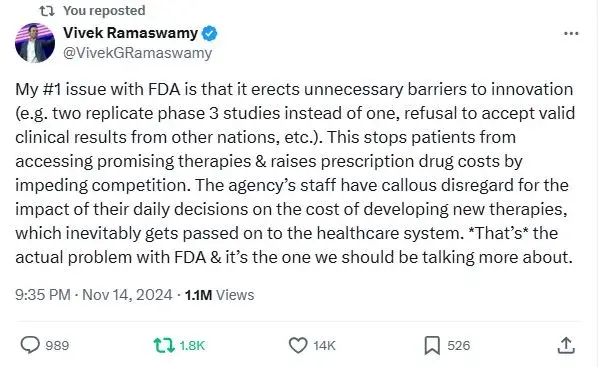By Andrew Griffiths
For many hair loss sufferers, TRX2 has been their choice of treatment. This hair growth pill was launched in 2011 and has continued to grow in popularity across Europe.
TRX2 Hair Molecular Hair Growth Supplement claims to prevent hair loss and regrow hair by maintaining the membrane potential of hair follicles, stimulating the de novo synthesis of potassium channels, restoring potassium channel activity/functionality, and hyperpolarising hair follicles. But how much of this can we believe to be effective in preventing balding and thinning hair?
I recently trawled through a variety of hair loss forums and talking points on the internet, and as I suspected, TRX2 was a hugely popular topic of choice. To my astonishment, the bad reviews outweighed the positive reviews quite considerably – *around 95{a2ca4edd6b41bbe0aa2aee03bc791424ed51d90fd68b7905d1abaddbf6d669df} bad reviews and 5{a2ca4edd6b41bbe0aa2aee03bc791424ed51d90fd68b7905d1abaddbf6d669df} positive*. That’s quite a shocking statistic when you take into consideration TRX2 claim to have a success rate of 90{a2ca4edd6b41bbe0aa2aee03bc791424ed51d90fd68b7905d1abaddbf6d669df}. What made me even more suspicious was the fact that the majority of good reviews seemed to be fake – with the same style of writing and grammatical errors throughout the positive reviews, leading to the suspicion these glowing comments could, in all likeliness, have been written in-house by representatives of TRX2.
The feedback wasn’t all that great either. After signing up to an account with Hair Loss Talk, I decided to message fellow members and ask them about their thoughts on TRX2. The feedback wasn’t great. “Absolute waste of money“, one member was quick to inform me, whilst another member described this supplement as “a complete scam“. So, I asked myself, were these people asking for too much? Were their expectations too high? What was it they really expected to gain from taking TRX2?

After such a poor start with regards to reviews and feedback on this supplement, I decided to delve deeper into the product, and more importantly the company. Developed by Oxford Biolabs Ltd, the founder, Thomas Whitfield, put together this ‘revolutionary’ hair loss treatment pill, with strong claims about what exactly it can do for treating hair fall in men and women. The claims, which were clearly stated in all the marketing material for this product, of regrowing hair in 9 out of 10 men and women were quickly jumped upon and flawed by the ASA Adjudication. Oxford Biolabs Ltd said they had removed all claims that the product could result in hair growth and instead claimed that the product could maintain healthy hair. Another issue was the guraentee of hair loss prevention that TRX2 Oxford Biolabs were claiming. In response to this, Oxford Biolabs said they had removed all claims that the product could prevent hair loss.
So, it’s clear Oxford Biolabs have exaggerated a few facts about TRX2, particularly in their marketing campaign, which included the well known commercial airline in-flight magazine ads. But is this really a surprise? Most ‘hair loss treatments’ throw in a few porkies in order to make a sale. That’s the way these types of industries work, naturally. The big question still looms: Does TRX2 actually work? And if so, what is the success rate?
For a product that only went to market in 2011, it’s hard to tell exactly what the success rate is. This patent pending product certainly markets itself well, and with a detailed description of the science behind it, TRX2’s new and unique science has swayed many people to make the purchase in the hope of beating balding and thinning hair. Let’s take a more in-depth look at the science behind TRX2 and see exactly how valid it is…

TRX2 claims its ability to restore/rejuvenate/stimulate the potassium ion channel activity and functionality, leading to new hair growth in men and women that suffer from early stages of hair loss and thinning hair. Oxford Biolabs said targeting potassium ion channels in order to treat hair loss and potentially find a cure for hair loss was the core research focus of their company. They explained that TRX2 had developed out of their nutritional study and that their research showed that the product stimulated potassium channel activity and could even reinitiate potassium channel activity. They said those findings had been included in multiple pending patent applications and were in the process of being submitted to a major peer-reviewed scientific journal. Oxford Biolabs did not believe that the information setting out the scientific work of their company was misleading. Further, while they acknowledged that the claim did not appear on the EU Register of authorised claims, they did not believe it was a health claim. However, they said they had amended the claims to no longer assert a direct relationship between the product and improved potassium channel functionality.
So, as you can clearly see, the brand itself has gotten into a spot of bother. The strongest claims have been withdrawn, which doesn’t bode well for future trust in the brand. To say you’ve invented a solution for hair loss and to then withdraw this claim, by lightly rewording it, gives us plenty of evidence that TRX2 could may well be an optimistic brand, but with little or no effect in providing a solution for hair loss.
I hate using the word ‘scam’, or projecting judgement on certain products and brands, but if you strip everything down and see TRX2 for what it really is, you’ll get a clearer picture of how things really stand. The hair loss treatment market is a multi-billion dollar industry, with hundreds of hair ‘treatments’ and ‘solutions’ widely available, ranging from supplements and shampoos to foams and serums. And how many of these formulas actually work? Well, it’s good to be optimistic, but in reality very few of these products will make any difference to your hairline and scalp.
So, where does TRX2 rank in the hair supplement hall of fame? I’ve taken three main points into consideration that has influenced my conclusion. The first are the horrible reviews that TRX2 has gained on numerous online forums and talking points. The second point I have to take into consideration is the negative response I gained directly from users of TRX2 that were left disappointed and ripped off. The third is the science. As great as it looks on paper, and as glorious the website is in all its content and imagery, the ‘science’ says it all. If this science was true, then where is the concrete evidence to support it? Where are the recent case studies and images of clear hair growth from patients who have taken this supplement for a long period of time? The ‘science’ behind TRX2 is clearly unique, but it still feels lacking, in my book.
If you’re looking to strengthen hair follicles and prevent hair loss in some small way, then tried, trusted and researched pro-hair ingredients such as biotin, saw palmetto and folic acid will surely give you a better chance of improving your hair health safely and effectively. My advice? Don’t waste time with ‘optimistic science’, always go with the tried and trusted in your quest to beat hair loss and maintain your hair for longer.




